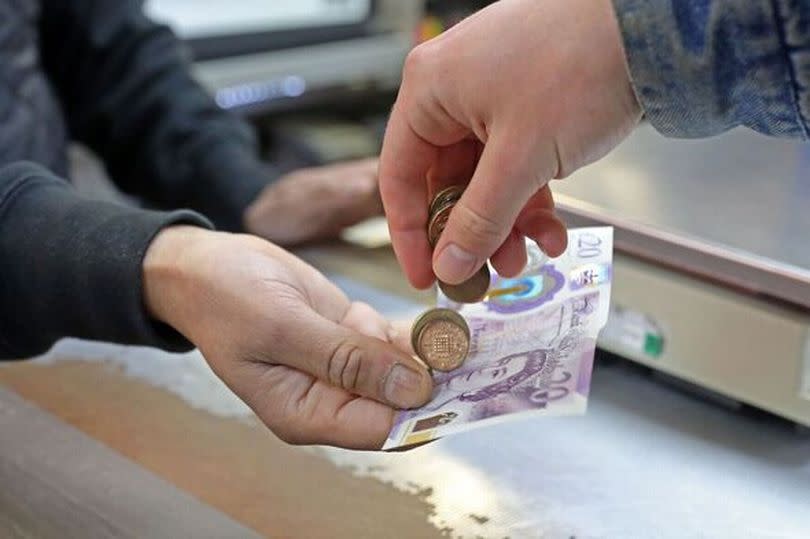DWP PIP claimants given five-week warning over planned payment changes

The Department for Work and Pensions (DWP) has issued a five-week warning to Personal Independence Payment (PIP) claimants about proposed changes that could potentially eliminate cash handouts.
Prime Minister Rishi Sunak has announced an overhaul of benefits fraud, aiming to cut costs from the welfare budget. This includes a consultation on potential changes to PIP, which could see cash payments completely removed. The DWP is considering alterations to PIP, and current beneficiaries have approximately five weeks, until 22 July 2024, to respond to the consultation and express their support or objections to the plans.
At present, PIP provides a maximum of £737 per month, or £9,580 annually, to eligible claimants. Proposed changes may involve replacing cash with 'vouchers' or implementing a catalogue scheme where disabled individuals can order items from a pre-approved list, reports the Express.
READ MORE The lives of Tyson Fury and Oleksandr Usyk's wives from Doncaster to fleeing war
The Multiple Sclerosis Trust, an organisation assisting people with the condition in applying for and receiving PIP payments, stated: "You can have your say on the proposals by responding online, by email or by post. Everyone in the UK is welcome to share feedback by 22 July 2024. You don't need to give your name or any other personal details to take part."
"The government has published a green paper which details the proposed changes to the PIP assessment process, eligibility criteria and the type of support it plans to offer. It also suggests closer alignment of PIP support with existing NHS, social care and local authority services."
"It is important to point out that these are only proposals at this stage. According to Disability Rights UK, any new PIP reforms would require new primary legislation, and this is not likely until after the general election." The government's green paper consultation says: "PIP was designed to help disabled people and people with long-term health conditions by making a cash contribution towards their extra costs."
"It does not require any calculation of these costs, nor does it require recipients to spend their award in a particular way. Some people on PIP may have relatively small one-off or ongoing additional costs related to their disability or health condition that are fully covered by their award while others may find the current system does not provide enough support to meet their needs."
"In the current PIP system, claimants choose which costs are the greatest priority to them and spend their award money accordingly. We know from research that people often use their PIP payments on core household expenditure (such as utility and housing costs)."

 Yahoo News
Yahoo News 
